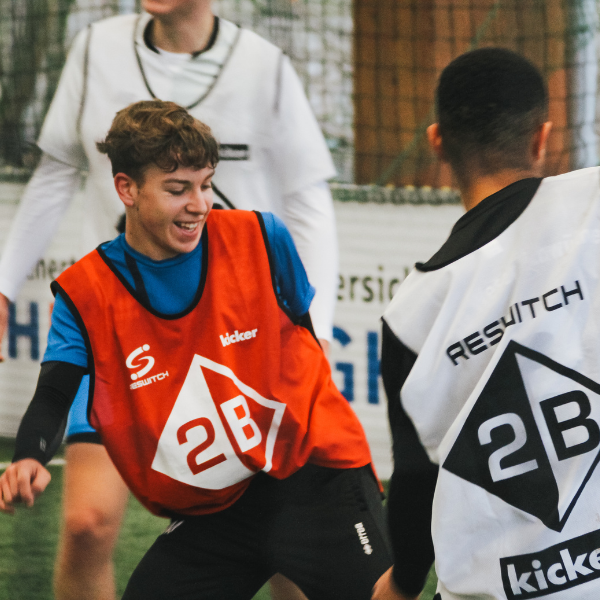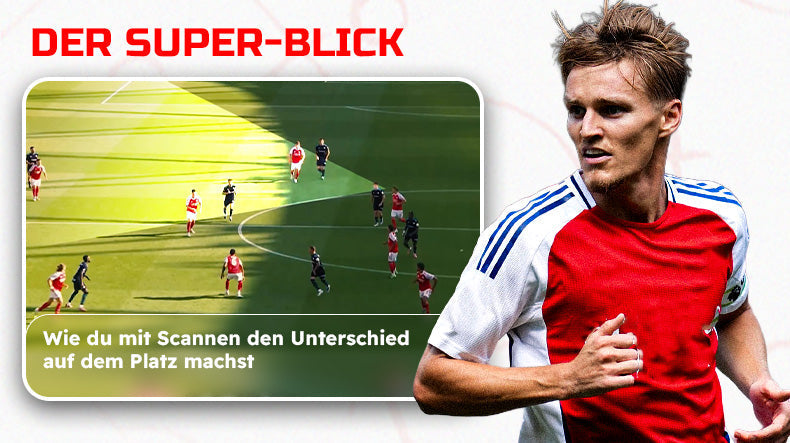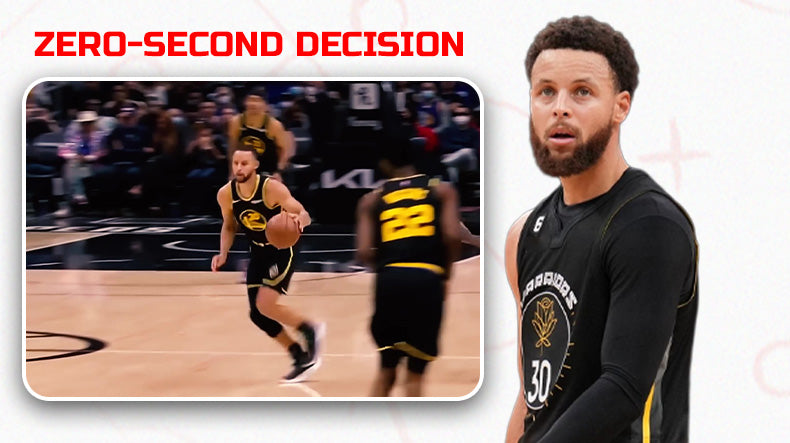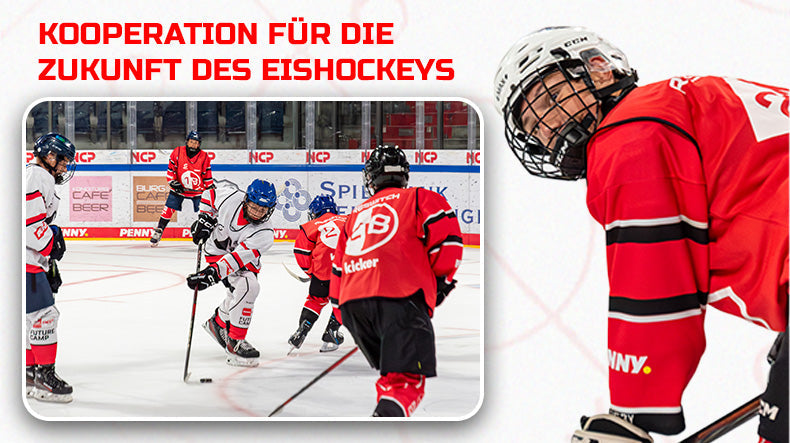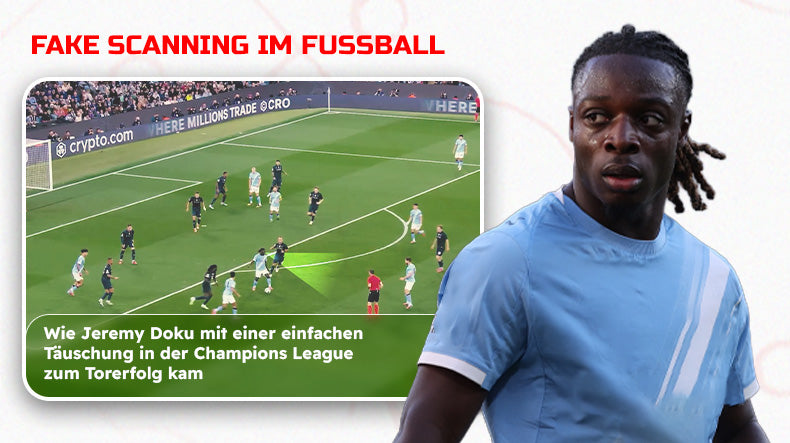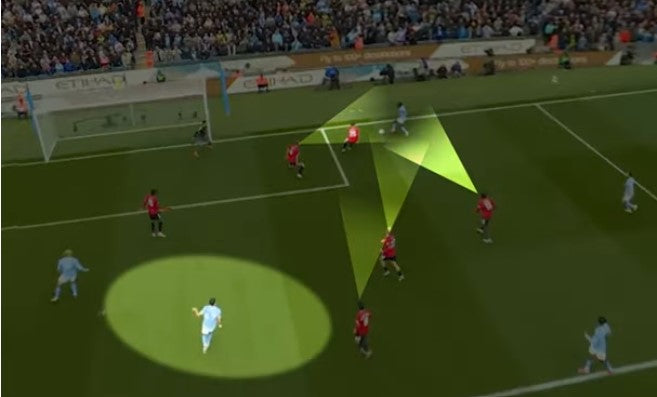The art of situational learning: Why you should focus on variability in football training
The art of situational learning
Inspired by the book "From Sayer to Questioner" by Fritz Schmid.
Every coach knows the traditional training routine: practice, repeat, and stabilize – the same movement thousands of times. But does this really reflect the reality of the game? Current findings from movement science and learning psychology show that movements in football can never be repeated exactly . As a coach, you therefore face a crucial question: How do you best prepare your players for the complex and changing demands of the game? This is the art of situational learning.
The illusion of perfect repetition
We often assume that players automatically improve through the exact repetition of technical exercises. But the opposite is true: Research, for example by Nikolai Bernstein, clearly shows that every movement always varies slightly. Whether it's the quality of the turf, the physical and emotional state of the player, or the behavior of the opponent – all of this makes every movement unique. Every technical execution is a unique event, not exactly reproducible.
The strength of situational learning
As a coach, you should therefore focus on situational learning . This means your players don't just learn movements; they learn to adapt to the situation. Variability in training effectively prepares players for the unpredictability of the game. The motto should be: "Practice is repetition without repeating." A fitting thought comes from the American neurologist JA Scott Kelso: "What's the point of learning something if you can't transfer it to other situations?"
The role of errors and variations
Another key aspect is dealing with mistakes. Traditionally, mistakes are often avoided or corrected. However, modern training methods recognize mistakes as an important part of the learning process . It is precisely through mistakes that the player's motor system discovers new, more effective solutions. Mistakes should therefore not be punished, but seen as an opportunity for development.

System dynamics and self-organization
It's also important to understand that learning processes in football are self-organized. This means that players learn best when they are allowed to find their own solutions. Your job as a coach is therefore to create constraints within which players can develop solutions independently. Every situational variation requires the system to adapt—this is precisely how efficient motor learning works.
Mastering unforeseen situations – the key to playful class
Modern soccer matches are characterized by rapid transitions, sudden ball losses, and surprising game situations. The best players excel at recognizing these new, unpredictable events immediately and intuitively finding the right solution. It is therefore crucial to consciously foster precisely these skills in training: Players must be regularly faced with new, unfamiliar, and sudden challenges. Your job as a coach is not only to train prepared situations, but also to deliberately incorporate elements of surprise – for example, through sudden rule changes, quick team substitutions, or changes to the playing field in the middle of a practice. This is precisely where the decisive advantage of the RESWITCH principle lies: By constantly changing conditions and teams, your players learn to adapt mentally and physically to the new demands in a flash. This form of training makes your players flexible not only technically, but also tactically and mentally. This teaches them precisely the adaptability that can make the difference between victory and defeat in a real game.
Practical recommendations for your training
-
Create variability : Never train in exactly the same situations. Regularly change parameters such as game pace, opponent pressure, or pitch size.
-
Use mistakes positively : Emphasize in communication that mistakes are welcome opportunities for improvement.
-
Set Constraints : Give your players specific tasks and limits within which they can act flexibly.
-
Promote self-organization : Let players regularly find their own solutions to complex situations.
-
Reflect on situational learning : Use video analysis to show how different solutions were applied in identical situations and which ones were successful.
Why the RESWITCH principle is a perfect fit for situational player development
For precisely these reasons, the RESWITCH principle is ideal for your player development. Rapid team and situational changes constantly challenge players to adapt. The dynamics and constant changes create precisely the conditions that train players' motor systems to develop flexible and creative solutions. RESWITCH supports coaches and players in making training as close to the game and realistic as possible, allowing movement decisions to be made intuitively, situationally, and effectively – optimal preparation for the unpredictable and complex nature of football.




